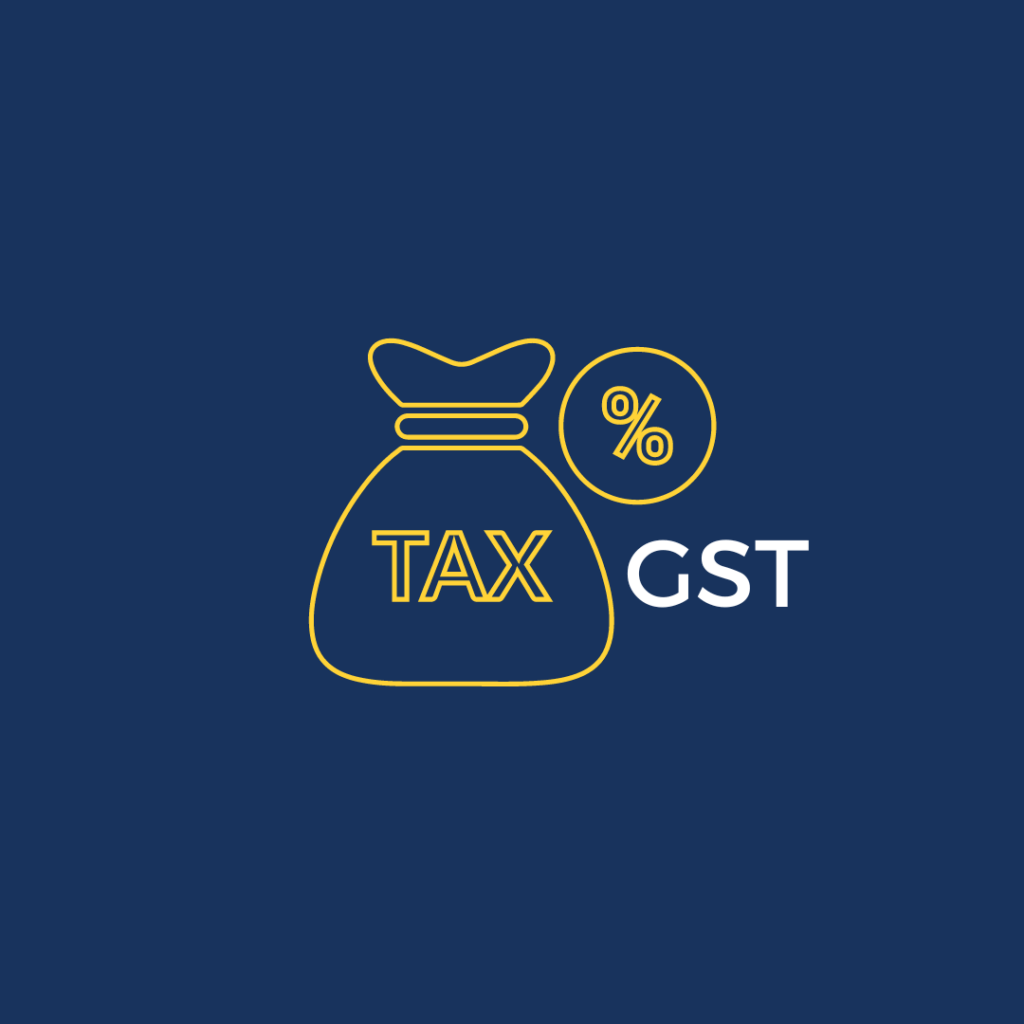
The Loan Against Property is a secured loan as it is given against the mortgage, so we can also call it mortgage loan. In this type of loan Mortgager pledges its property as collateral to obtain loan/funds. The Commercial property or residential property or combination of both can be used as Mortgage to secure funds. This is a secured loan so it has low interest rates as compared to other types of loan. Loan against property is easy to avail and have benefit of long repayment tenor as compared to other types of loan.


Nationality: You need to be a Citizen of India with documents to prove your claim.
Occupation and Income: Your lender will require you to furnish details regarding your occupation and income to prove your professional and financial stability to determine your creditworthiness.
Credit History: Your three-digit Credit Score, indicative of your track record in respect of repayment of loans, and other forms of credit will be a deciding factor to prove your eligibility for a LAP.
Banking Relationship: Should you have a healthy relationship with your lender, you will not be disapproved for a LAP. Additionally, your lender will offer you better terms and conditions in respect of loan value, interest rates, period of the loan, hidden charges, and processing fees.
Market Value of Property: Your lender retains the right to decide the loan amount and terms and conditions of your mortgage loan based on the market value of your collateral property. Besides, the market value of the mortgaged property must be higher than the loan amount calculated on the current value of your property.
Title of Property: Your lender will require you to be the current existent owner of the property, and in case of a co-application, you will require to prove multiple ownership clear title. Besides, the property must not be mortgaged with any other financial institution.


1.Purpose: Home loans are specifically designed to help individuals or families finance the purchase of a residential property. This could be a house, apartment, condominium, or other types of residential units.
2.Types of Home Loans:
Interest Rates: Home loan interest rates can vary based on factors such as the borrower's credit score, loan amount, loan term, and prevailing market rates. It's crucial to compare rates from different lenders to get the best deal.
Loan Terms: Home loans typically have terms ranging from 15 to 30 years, although shorter or longer terms may be available depending on the lender.
Down Payment: Borrowers are usually required to make a down payment, which is a percentage of the property's purchase price. The size of the down payment can affect the loan amount, interest rate, and mortgage insurance requirements.
Repayment: Home loans are repaid through monthly installments that include principal and interest. Some loans may also require payments for property taxes and homeowners insurance, which can be escrowed by the lender.
Eligibility Criteria: Lenders assess factors such as the borrower's income, employment history, credit score, debt-to-income ratio, and the property's value before approving a home loan.

1. Tax benefits on home loan
To encourage more and more people buy their own house, government of India provides tax deduction on the principal as well as interest paid on home loan. An individual is eligible to claima deduction of up to Rs 1.5 lakh under Section 80C of Income Tax of India 1971 Act in a financial year. While a deduction of up to Rs 2 lakh is allowed on the interest portion under Section 24B of Income Tax of India Act. The deductions under income tax are only available after the construction of the house is complete. You can’t claim the income tax deductions while the property is under construction. Read: to know more about home
loan deductions.
2. Tax benefits on second house:
In case of second house, you are eligible to claim deduction for the entire amount of housing loan interest paid under Section 24B of Income Tax Act.
3. No prepayment charges:
Unlike other loans where lenders charge prepayment penalties on payment made towards home loan , there are no prepayment penalties on floating rate home loans . So, whenever you have surplus money, you can utilize it for making part payment towards your home loan and lower your burden. However, there will be prepayment charges in case of floating rate home loan.
4. Balance Transfer Facility:
In case of home loan you have the facility to transfer your home loan to different lender if he is giving you loan at a lower interest rate.
5. Makes it easy to buy dream home:
For many people buying house with own money is not possible, home loan as it can be repaid in easy monthly installments makes it easier to buy a house.
6. High repayment Tenure:
Among all types of home loan, It has the longest repayment tenure which goes up to 30 years, so one can reduce the burden of equated monthly installments by extending the tenure. Use our house loan EMI calculator to know how EMI change as you change your home loan tenure
Enjoy capital appreciation:
You will also benefit from the rise in prices of the property over time.
Saves you from paying rent:
As rent in metro cities is quite high they put strain on your monthly budget. It is better to pay the EMIs and own a house.